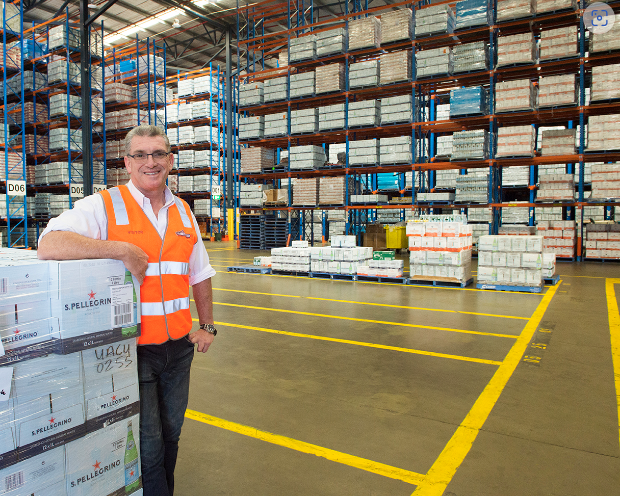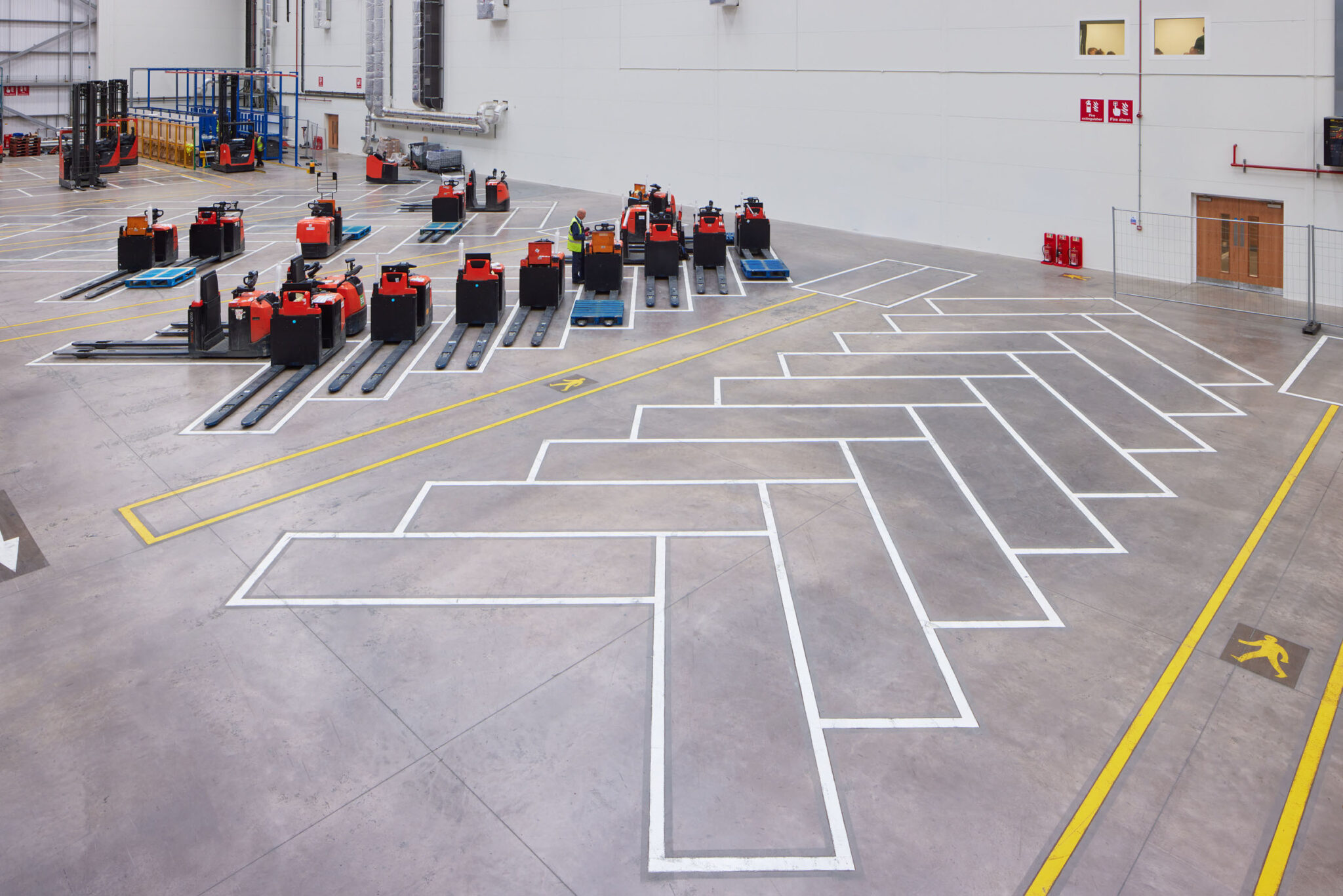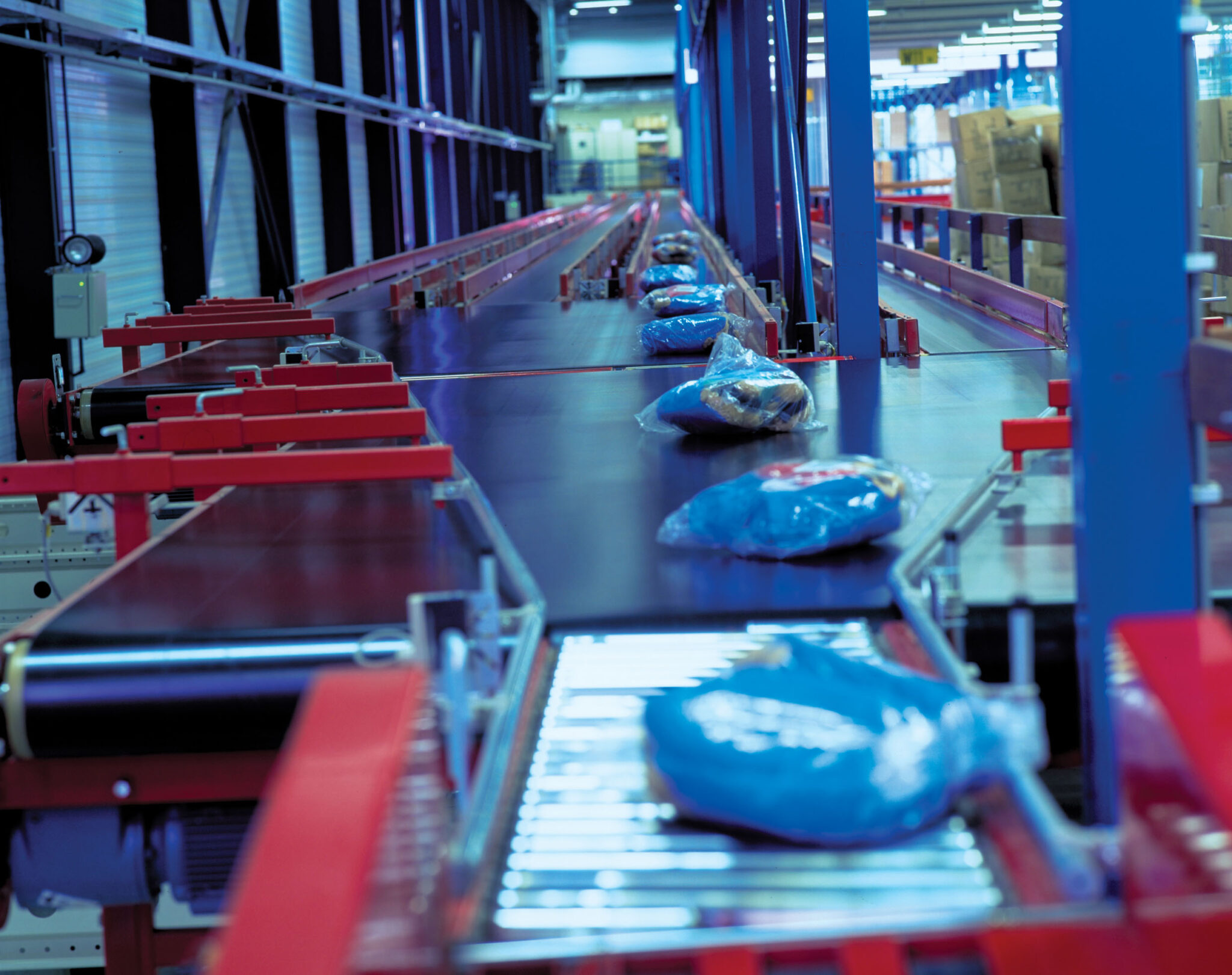Transporeon, a leading Transportation Management Platform and a Trimble Company, has announced new platform innovations that enhance its spot quotation, contract rate benchmarking and freight audit capabilities. With a robust network of 1,400+ shippers and retailers and 150,000+ carriers and logistic service providers, Transporeon’s neutral Transportation Management Platform (TMP), which provides equal benefits to both shippers and carriers and enables companies to simplify collaboration, will now further streamline internal operations and embrace new business opportunities.
Stephan Sieber, CEO of Transporeon, commented: “In today’s fast-paced world of transportation and logistics, adaptability is key for companies to survive and thrive. Digital technologies can significantly reduce cumbersome, manual processes. We have seen that when companies adopt more collaborative approaches, improved efficiency often follows. This is precisely what Transporeon’s platform enables. With our latest platform innovations, logistics teams can gain access to even more detailed market insights and codify tedious manual tasks into fully automated processes – not just within their own company, but between business partners.”
Autonomous Quotation
Price negotiations remain opaque and manual in the growing freight spot market. Freight forwarders, brokers and LSPs spend considerable time manually researching and building quotes.
Transporeon’s Autonomous Quotation solves this challenge by enabling brokers and LSPs to prioritise incoming transport requests easily and automatically serve customers with instant, accurate pricing for truckload spot transports based on predicted market rates.
By fully automating the spot bidding process with Autonomous Quotation, brokers and LSPs can increase the volume of opportunities they quote for, which in turn, can lead to new business opportunities. Automating the process can also unlock cost-savings by minimising the manual work involved in the quotation process.
Autonomous Quotation generates quotes based on companies’ individual quotation strategies. Users can define their own tactics based on criteria including margin requirements, equipment type, distance, stop location and pick-up and delivery windows. The module is based on a customised trained prediction model and is backed by data science and machine learning algorithms that incorporate bidding outcomes over time to increase accuracy.
Jonah McIntire, Director Procurement and Chief Network Officer at Transporeon, said: “Freight brokers and logistics service providers have faced an uphill battle when competing in the spot market, navigating time-consuming manual price negotiations and freight auction portals. With Autonomous Quotation, companies can decouple their spot revenue growth from their staffing costs to win those shipments by issuing quotes instantly, accurately and at scale. No more manual admin but more opportunities. After all, you can only win what you can quote!”
Rate Benchmark
Rate Benchmark extends the capabilities of Transporeon’s existing Market Insights solution, which democratises truckload pricing by providing real-time insights into markets, lanes and their development. Rate Benchmark takes Market Insights one step further by allowing companies to benchmark their contracted rates against the market.
With Rate Benchmark, users can easily spot opportunities and make informed procurement and pricing decisions and improve tenders. It calculates average monthly contract rates on a postal code level and compares them with the user’s rate on the same lane.
McIntire explained: “Shippers, carriers and logistics service providers have very few reliable and neutral data sources that deliver high-quality freight rate information. When Transporeon launched Market Insights, it had a transformative effect on our network. Rate Benchmark builds on this success, permitting customers to compare their contracts against the market with precision. We’re delighted to share this development with our network.”
Freight Audit
Freight Audit represents the next evolution of Transporeon’s audit functionality. It allows customers to audit shipments executed on Transporeon’s platform and combines a variety of specific capabilities, including cost allocation, online dispute management, invoice legal information audit, billing instructions, accruals and accounts payable. Freight Audit doesn’t require additional customer input as it uses existing platform data, such as rates and transport orders.
Freight Audit minimises invoice discrepancies through upfront billing instructions. Fully integrated with the Transporeon platform, it helps to eliminate the need for separate tools for freight buyers and logistics providers. Moreover, the product is not limited to the invoice audit – it provides an accounts payable file, fully automating the accounting process.
Each process within Freight Audit has a complete audit trail for compliance, and invoices are approved according to governmental invoice requirements. In addition, it enhances data accuracy by ensuring all data is confirmed by shippers, carriers and FAP (freight audit and payment). As a result, Freight Audit enables companies to eliminate transport overspend and simplify internal and external compliance.
Stefanie Bergfeld, Director Audit and Payment at Transporeon, added: “With fragmented finance and audit processes, it can be easy to overspend on transport and make compliance missteps. Not only does Freight Audit address these problems, but it also significantly reduces manual processes with a high level of automation, minimising administrative work. Thanks to its seamless integration with the Transporeon platform, Freight Audit can also be used by smaller customers who wouldn’t normally look for a standalone audit solution.”
The three innovations were unveiled at Transporeon NEXT, Transporeon’s flagship bi-annual launch event, which is taking place this week at its annual summit.
Freight Marketplace Launched
Transporeon furthermore announced the launch of Freight Marketplace, a neutral (of equal benefit to both shippers and carriers) deal-making hub for freight procurement.
Both buyers and sellers of transportation services face ongoing challenges in aligning capacity and assessing fair pricing. In addition, insufficient transparency and fragmented systems can lead to low relevance on carrier tender invitations and inefficient alignment with shippers’ service preferences. Negotiating efficiently and fairly is also a challenge due to the lack of standardised data sets, which hinder like-for-like comparisons and make it difficult to consider factors beyond price, such as sustainability and service levels.
Transporeon’s Freight Marketplace addresses these challenges head-on with a new solution designed to transform logistics procurement and redefine how companies buy, sell, negotiate and contract. Its key benefits include:
- A central location for deal-making: Freight Marketplace unites carriers and shippers ‘under one roof’ to do business based on their specific needs, capabilities and requirements. It taps into Transporeon’s extensive network of 1,400+ shippers and 158,000+ carriers for instant scale, creating a definitive catalogue of buyers and sellers.
- Simplified negotiations: Freight Marketplace uses advanced algorithms to simplify negotiations and optimise the procurement process.
- Multi-dimensional negotiations that factor in sustainability: Negotiations between shippers and carriers often focus solely on price, disregarding other factors such as volume, lead time and sustainability. Freight Marketplace solves this challenge, enabling shippers and carriers to factor pricing, volume, CO2 emissions and more into negotiations. Buyers can prioritise low-emission options, while sellers have a platform to showcase their efforts in reducing emissions.
- Enhanced visibility and transparency: Freight Marketplace allows logistics providers to build comprehensive profiles that include their expertise, services, performance metrics and fleet data. To establish transparency, it blends self-declared facts with third-party verified information and real-world insights from the Transporeon platform. Shippers have similar profiles, enabling both parties to search for partners that precisely match their specific requirements, ensuring a smooth matchmaking process.
Platform neutrality
Freight Marketplace drives value for both buyers and sellers through neutrality, ensuring an environment where all players can benefit equally:
Buyers benefit from pre-structured, standardised data that simplifies finding new partners through high-quality profiles. Freight Marketplace makes it easy to access fair pricing and optimise decisions based on other factors such as volume, lead time, and sustainability.
Sellers gain access to a broader range of shippers and mini tenders, allowing them to win new business. Since every event is structured the same way, sellers can also evaluate opportunities more efficiently, meaning they no longer need to decipher shipper-specific jargon or endless Excel table names.
Sieber said: “Finding reliable partners, aligning capacity and securing fair agreements is a long-standing industry challenge. That’s why we built Freight Marketplace to take freight procurement to the next level. At its core, our new solution is a one-stop shop for deal-making, empowering buyers and sellers alike to connect, negotiate and close new business. This is supported by advanced algorithms, full transparency and a focus on sustainability.”
Chris Keating (pictured, left), Group Head of Strategy at Trimble, has been announced as the incoming CEO of Transporeon as Sieber will be stepping down and leaving the business at the end of this year. Additionally, it was revealed that, following Trimble’s takeover of Transporeon, the Transporeon brand will be withdrawn towards the end of 2024, meaning the business will be henceforth known purely as Trimble.









